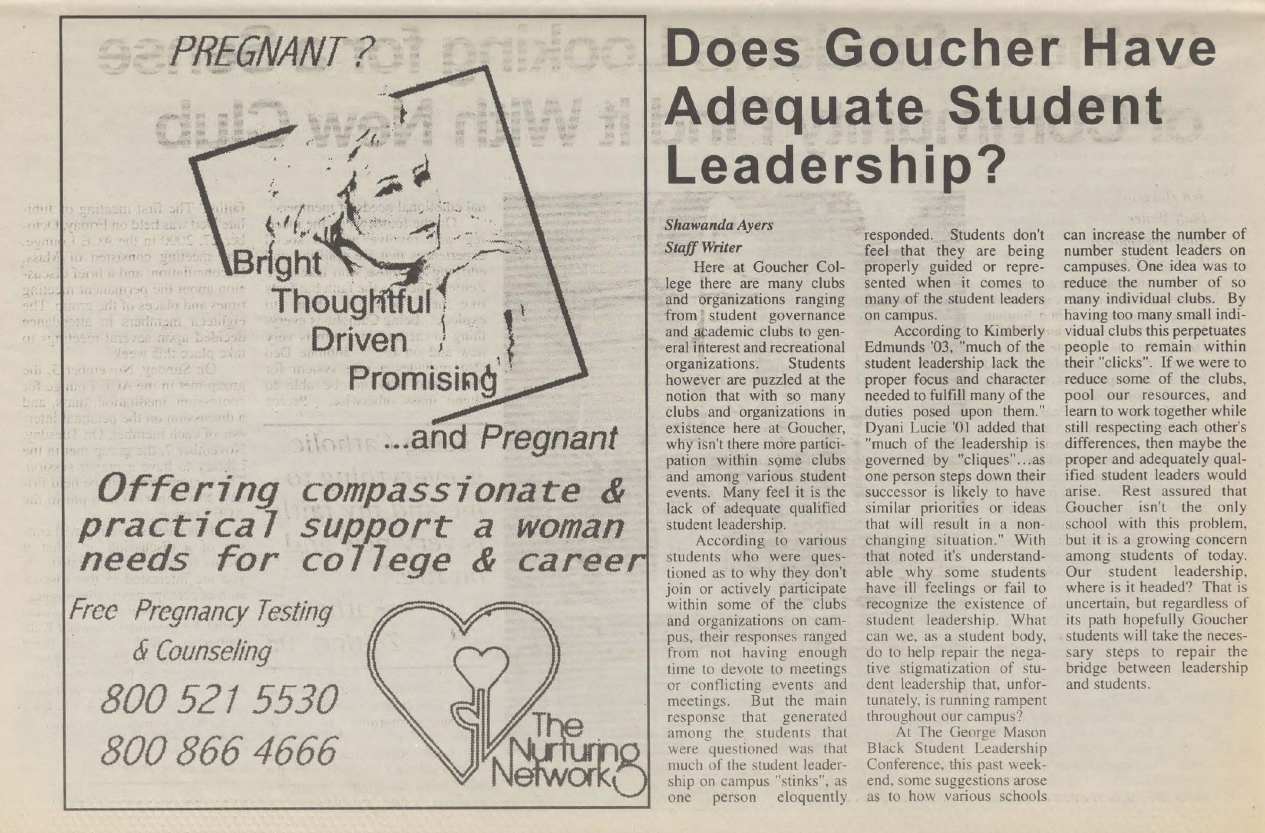I Was Sold a Dream of Free Laundry

When I arrived in the fair land of Goucher, I embraced the beautiful idea of free laundry. We may have had crappy machines that made you feel stained (ever-broken, rarely fixed), but they didn’t even require a dime. It was a magical time to be alive.
But now darkness has agitated our kingdom, and my digital dollars are going down the drain, along with the suds, as the spirit of free laundry evaporates away. My waiting time for a usable washer shrunk like clothes in the machines. During the last quarter my funds were depleted as metaphorical quarters dissipated from my living quarters. The 63 dollar credit we started with was long ago rinsed away. The $15 condolence perk long forgotten, I fear the coming spring will be harder than winter in Westeros. Will next semester’s $48 credits Tide me over? I think not. My clothes may have been laundered but my money was simply washed away.
The Clothesline app does not line dry clothes for me, nay, it fails to even work on my phone. And an app that collects my every location like lint is one that needs to be uninstalled. I should have expected this dream to dry up and become a bleached nightmare. Burnt clothing may be a thing from yesteryear, but now in the Seventh Generation we have been transformed into a land of fire and antipathy, no extraneous burning of sheets needed. The dream of free laundry still lives on in all the socks eaten by the machines, with the hope unpaired socks have found a new home where laundry is still spinning free.
By Max Ravnitzky ‘28
Featured Image Source: Levi Boyer ’28













